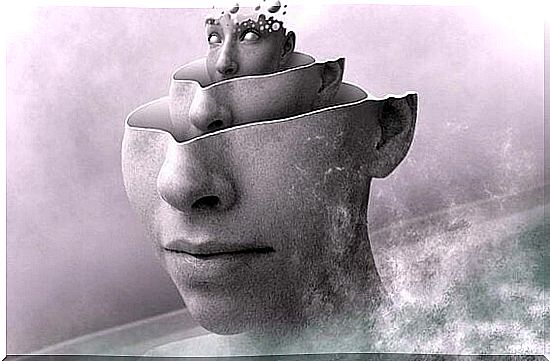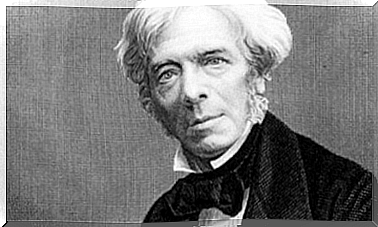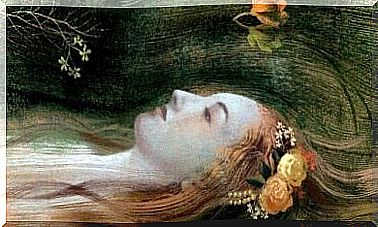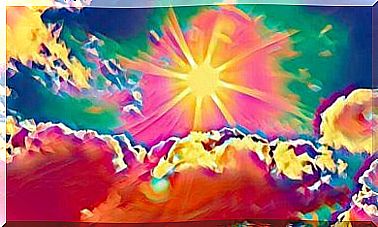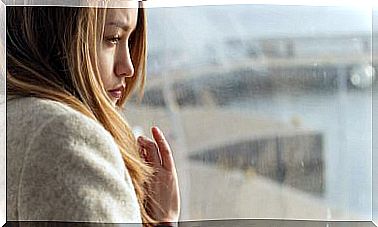Manifestations Of The Unconscious In Everyday Life
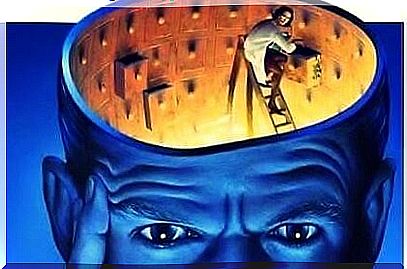
Sigmund Freud, the father of psychoanalysis, was interested in phenomena that had not captured the attention of other scientists of his time. One of these phenomena was that of the manifestations of the unconscious in everyday life. A work was born from his observations. And it becomes a classic on the subject: Psychopathology of everyday life.
In this work, Freud identifies the small everyday phenomena which are classified in the order of “the irrational”. These are expressions that break logic so to speak. It is in these phenomena that behaviors such as selective forgetfulness, slip-ups, failed acts, and more are found.
One of the most interesting aspects of Freud and of this subject in particular is that these assumptions made it possible to shatter a well-established idea. It was the idea that human beings can only and exclusively be guided by reason and the process of consciousness. It is certain that in our way of thinking, of feeling, of acting, there are many agents of influence which do not pass through our consciousness.
What is important in this is that Freud pointed out that the elements not passing through our consciousness are those which express themselves involuntarily. These ignored contents are those which end up making suffering chronic and thus making us sick.
Slips, a manifestation of the unconscious in everyday life
Slips are unintentional mistakes in language. We want to say one thing and end up saying another. This confusion almost always causes bursts of laughter and is not given much importance. However, Freud’s clinical eye saw in these lapses much more than meaningless errors. Slips are said to be one of the most common expressions of unconscious desires or contents.
Slips can be oral or written. There are very famous slip-ups like when Mariano Rajoy, the former Spanish political leader, announced during a debate: “What we have done, and you haven’t done, is to deceive people ”.
Or when former Colombian President Juan Manuel Santos, also Nobel Peace Prize winner in 2016, pointed out during a controversial discussion: “ This does not invalidate the number of votes that were cast in favor of corruption ”. In fact, he meant “ votes which were cast in favor of re-election ”.
In the examples presented, one perceives the confession of a certain guilt. The slip would be a way of seeking forgiveness through confession. This is a good example of the expression of the unconscious in everyday life.
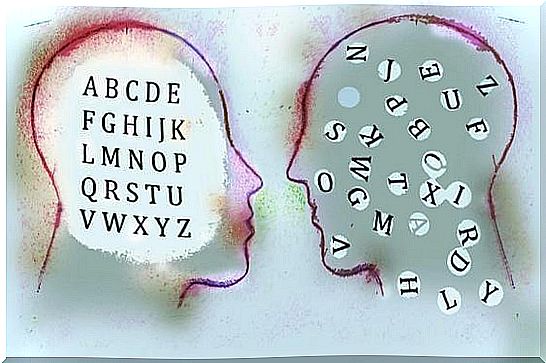
Selective forgetfulness, another manifestation of the unconscious in everyday life
The content of our brief is not always available. We have all already had the feeling that part of this large warehouse was closed. Just when we went there to look for a souvenir. This happens especially with concrete elements, like words can be. It may seem strange to forget something that we should have in mind or affecting what we do frequently.
It is the same when we “forget” to perform a task that we have been emphatically assigned. Or when we forget the name of a coworker we see every day. On some occasions, we also lose our words during a presentation that we had prepared well.
All these examples would be, under the paradigm of psychoanalysis, manifestations of the unconscious. One factor in particular would cause us to reject certain content because it is associated with desires, fears or content that we have not rationalized. We forget about the job we don’t want to do, the name of someone with whom we have unrecognized differences, or the speech in which we have to assert things with which we disagree.

Failed acts
Missed acts are similar to slip-ups, but they have nothing to do with language. They are associated with the action itself. Some call them “successful deeds”. These are actually situations where we want to do something but end up doing something else, not knowing why. The unconscious will overcome the consciousness, because the hidden desire is stronger than the recognized desire.
A failed act occurs when, for example, we go somewhere by public transport. We are sure that we have correctly read the path to take. However, we end up finding ourselves much further than our destination because we have the wrong bus or metro line. The hypothesis would be that our rejection of the appointment with the orthodontist imposes on us the unconscious desire not to go there.
All these manifestations of the unconscious in everyday life would reveal what is hidden in the depths of ourselves . In reality, they would not be errors but expressions of something that we have within us and that is struggling to come out.
